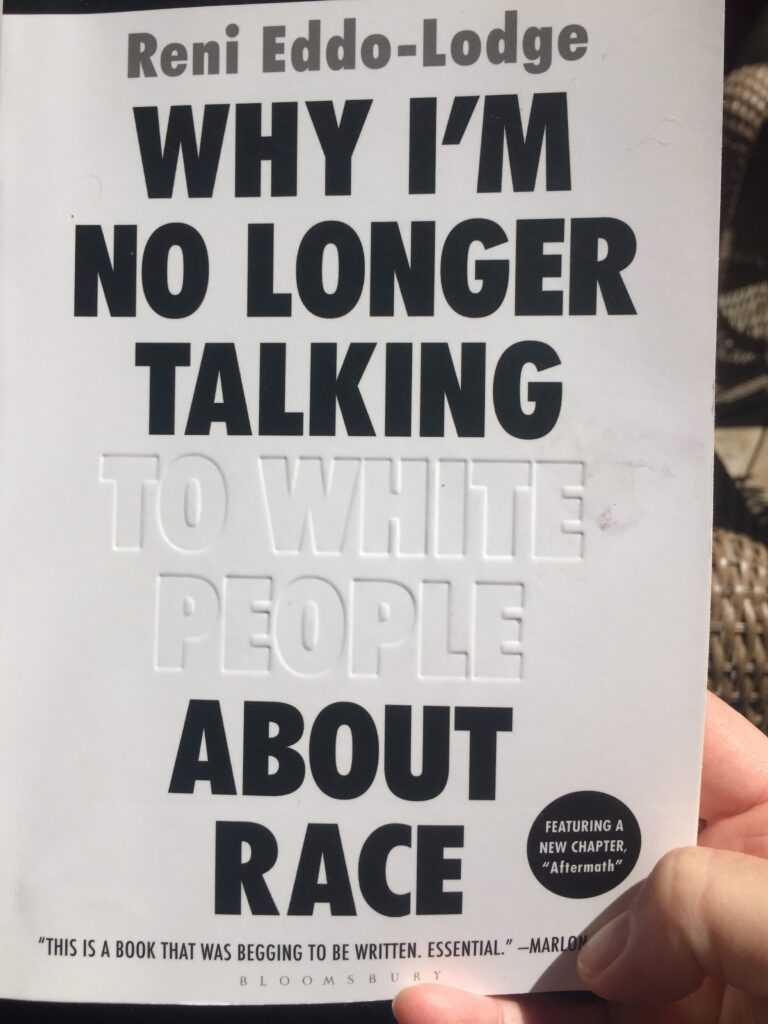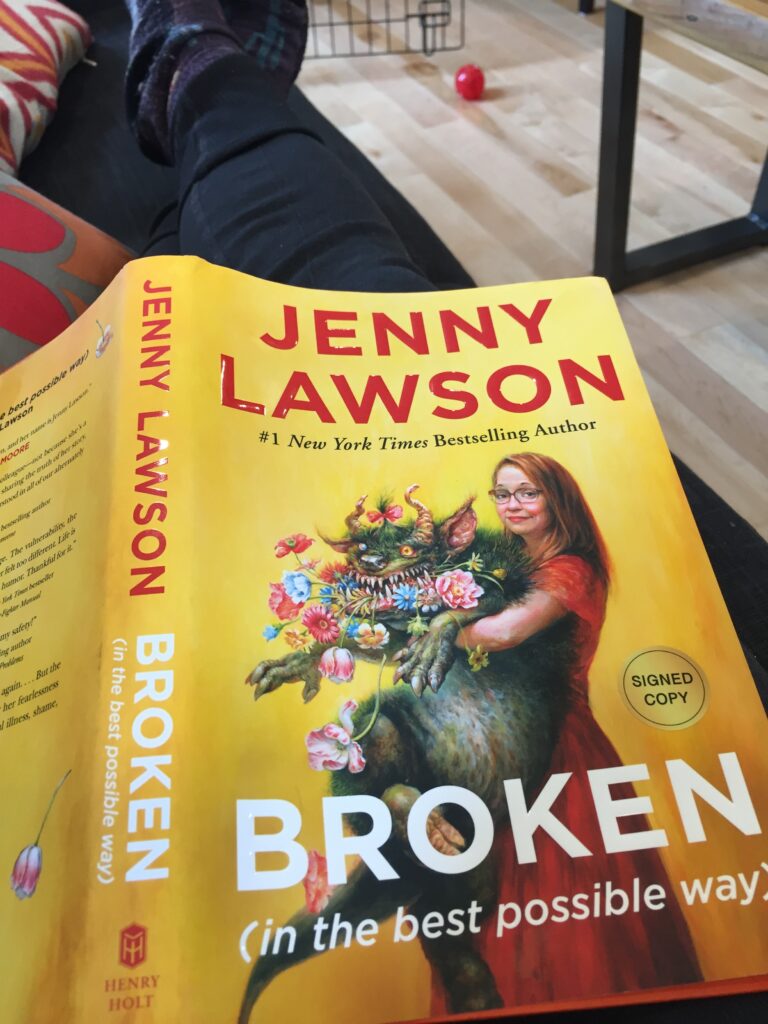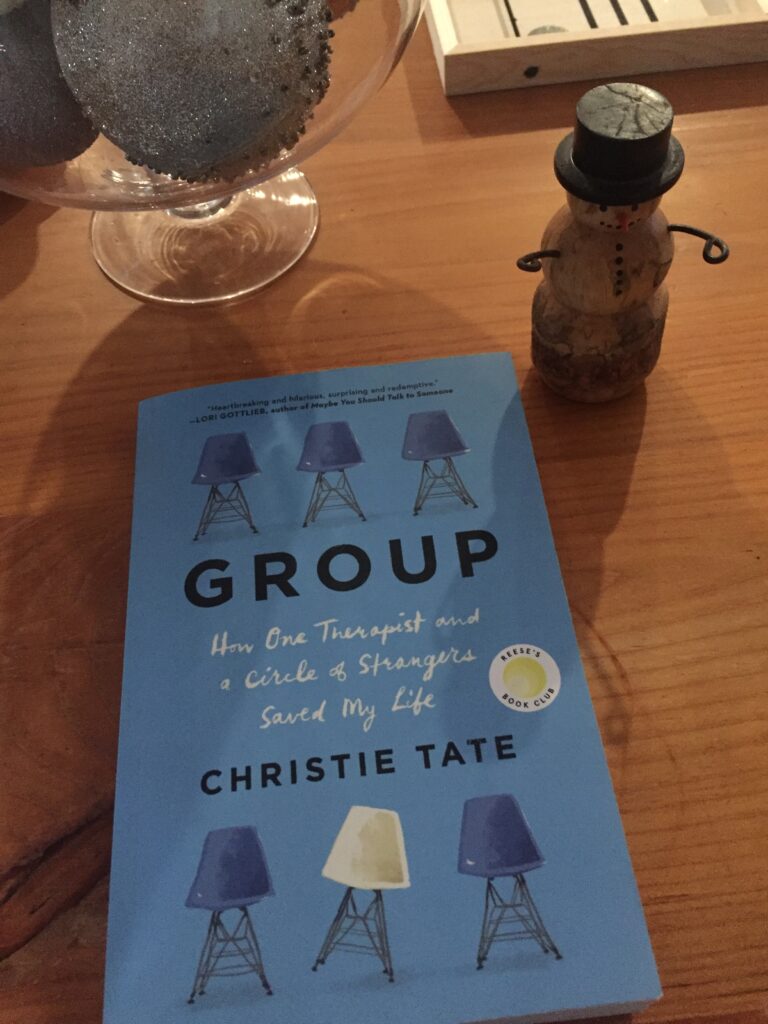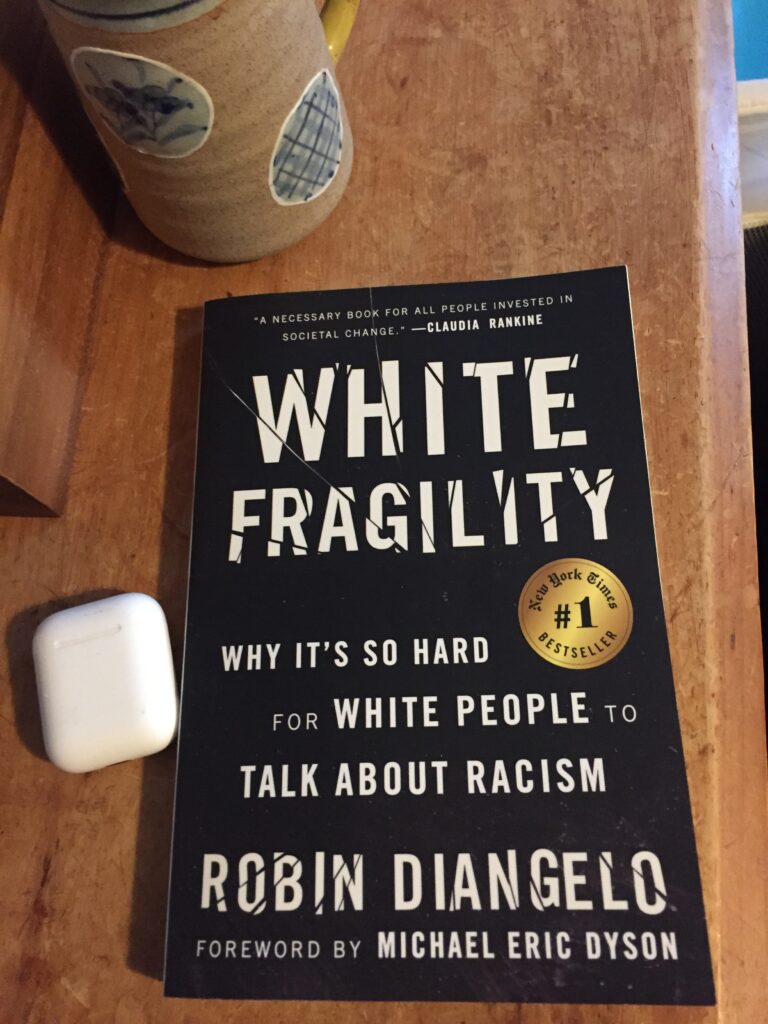Title: Let That Sh*t Go: Find Peace and Happiness in Your Everyday
Authors: Nina Purewal and Kate Petriw
Date Read: Spring 2021
Two snaps.
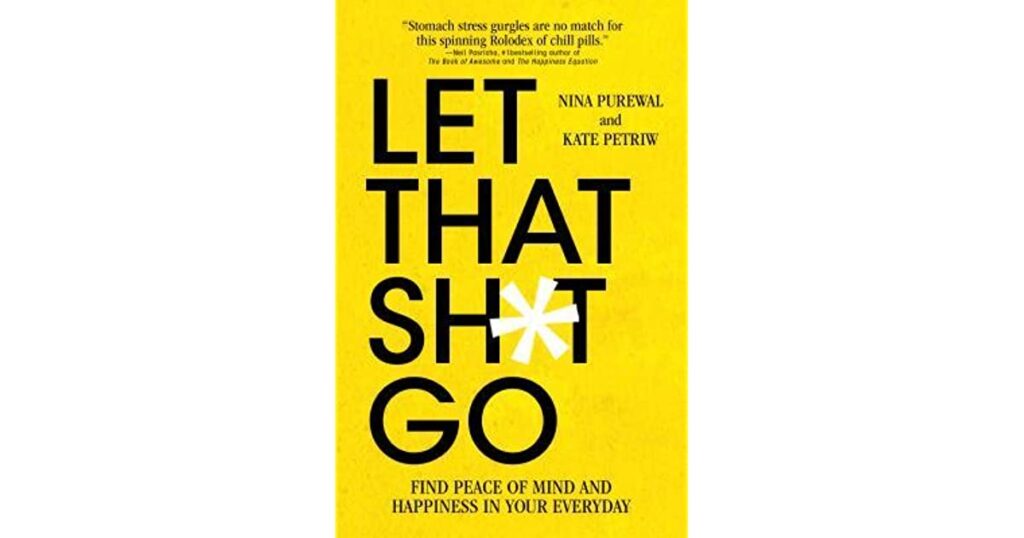
Finding peace and happiness within a global pandemic wasn’t always easy– so this just sorted of landed when it needed to. Nina and Kate share stories and advice to put your life in perspective, take each day one step at a time, and find calm amid the chaos. It really is not worth holding onto that sh*t.
Visit the pure minds book site, where they explain:
Let That Sh*t Go has over 100 tips on how to find more peace and happiness in your everyday, a no-filter approach to mindfulness. The chapters are as follows:
Awareness: Goodbye Past & Future Worries
Self-love: What You Didn’t Learn in Middle School but Probably Should Have
Acceptance: You Can’t Control the Number of Instagram Likes You Get
Perspective: You Are Made of Fucking Stardust
Authenticity: There’s Only One Magical You
Forgiveness: It’s Time to Use the F-word
Behind the Screen: Finding Your Tech Zen
The Reveal: What the Fuck Did You Just Do? (Mindfulness)
Next Level: The Mind Workout (Meditation)
I am currently practicing yoga and the mantra of: leave it on the mat, while also practicing next level mind workouts by meditating. A good reminder to keep things in perspective.
Also helpful, this chart on when to give a f*ck:

If any of this sounds up your alley, may I also suggest:

I believe I am on the journey to fully master the subtle art of not giving a f*ck. Join me.
“Imagine if life were always simple and easy. You wouldn't appreciate the good times in the way you do if you haven't endured the bad. You wouldn't be who you are today without your challenges. It's what built your character. It's what made you value life the way you do. It wasn't fair that you had to go through what you did, but you are a different person because of what you experienced.”(Petriw & Purewal, Let That Sh*t Go).

